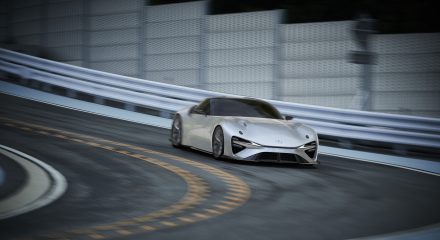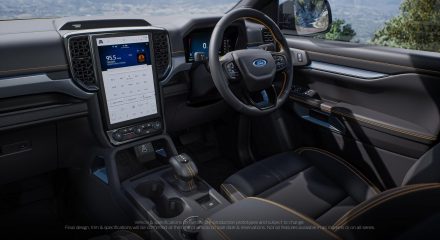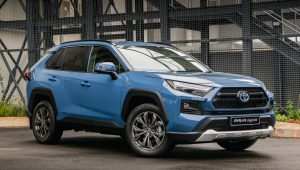The pros and cons of buying a car this time of year

As we run into the last two weeks of the year, a question that many prospective car buyers ask is whether it’s best to buy now or wait until the New Year.
Whether you’re downgrading to a smaller car due to working from home, getting a bigger car because your family has grown, or replacing an old vehicle, there are compelling arguments either way.
Co-founder of digital insurance platform Naked, Ernest North says the most obvious reason to wait if you’re buying new is that you’ll be able to buy a 2022 model, which massively affects your resale value. But that’s not the only factor to consider.
Let’s break down the pros and cons in more detail:
Pros when buying now
- You could pick up a bargain
With the year running to an end, many car dealers are under pressure to meet targets and move stock off the floor before it’s devalued by the ringing in of a new year. That means some of them may be more inclined to offer a discount to close a deal.
- You can use your bonus as a deposit
If you’re getting a Christmas bonus or 13th cheque, you could use it towards your deposit and reduce the interest you will pay over the term of the car loan.
- Potential for a lower insurance premium
Buying a 2021 model now means a lower insurance premium than driving a 2022 model.
- You may be able to buy a 2022 model in 2021
If your heart is set on owning a 2022 car, you can often (but not always) buy the car in December and only register it in 2022 to improve the resale value.
- You should put safety and reliability first
If your car is getting old and wonky, it’s a good idea to replace it before taking a long road trip. You don’t want to be stuck on the side of the road with a fuming partner and crying children.
- Car prices may rise in 2022
As car manufacturers make their 2022 models available, they’ll inevitably hike the prices. The prices of many models may rise more than you expect, especially if the car (or a significant portion of the parts) are imported.
Cons when buying now
- There are some good deals early in the year, too
If you’re considering a used vehicle, many private sellers are under pressure early in the year with Christmas and “back-to-school” depleting their cash flow. Some might offer an attractive price to secure a quick sale.
- You’ll have a clearer view of your financial situation after the festive season
If you’ve splashed out on lavish celebrations or an expensive holiday, your financial resources may be under pressure. Plus, there are often unexpected costs at the start of a year. Before committing, you might want to ensure you can afford that new car
- Covid and remote work might not be over
We live in crazy times. You could buy a new car that mostly sits in your driveway for two months because your employer decides to extend work-from-home, or the government introduces new restrictions to manage future Covid-19 waves.
- Your life may change in 2022
There may be other big changes in your lifestyle early in the new year – perhaps you’ll get the nod from your boss to work from home for good or decide to have another baby. If your life isn’t settled, rather wait to ensure you buy the right vehicle for needs.
- The rising petrol price
With fuel prices constantly rising, you might want to hold fire if you were going to buy a petrol-guzzling SUV. Take the extra time to think about whether you really want it or need it.
- A car isn’t an investment
A car is not an investment, it is a cost of living. Deferring the cost of buying a car and paying of debt or keeping your money in an interest-bearing account is almost always the smarter thing to do.
Of course, as you consider these arguments, you need to think about your personal situation. If you decide you don’t want to wait, make sure you can answer these two questions:
Do I have the monthly cash flow to afford this car? Remember that in addition to the monthly repayment, you also need to consider other costs related to owning a car like insurance, fuel, and maintenance.
How is my long-term financial position affected by owning this particular car (versus another car, or versus alternatives like Uber)? To answer this question, exclude the capital repayment portion of your instalment, but include the depreciation over the finance period. It’s worth it to do a detailed analysis of how different makes and models depreciate and how that affects your long-term value for money decision.
Buying a car is a big financial decision — whenever you decide to go ahead with it, it’s important to ensure you’re spending wisely with an eye on the future.
Picture: Unsplash







